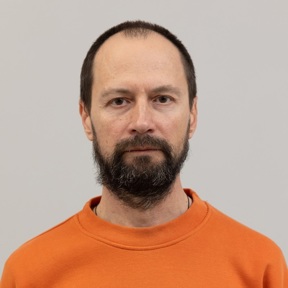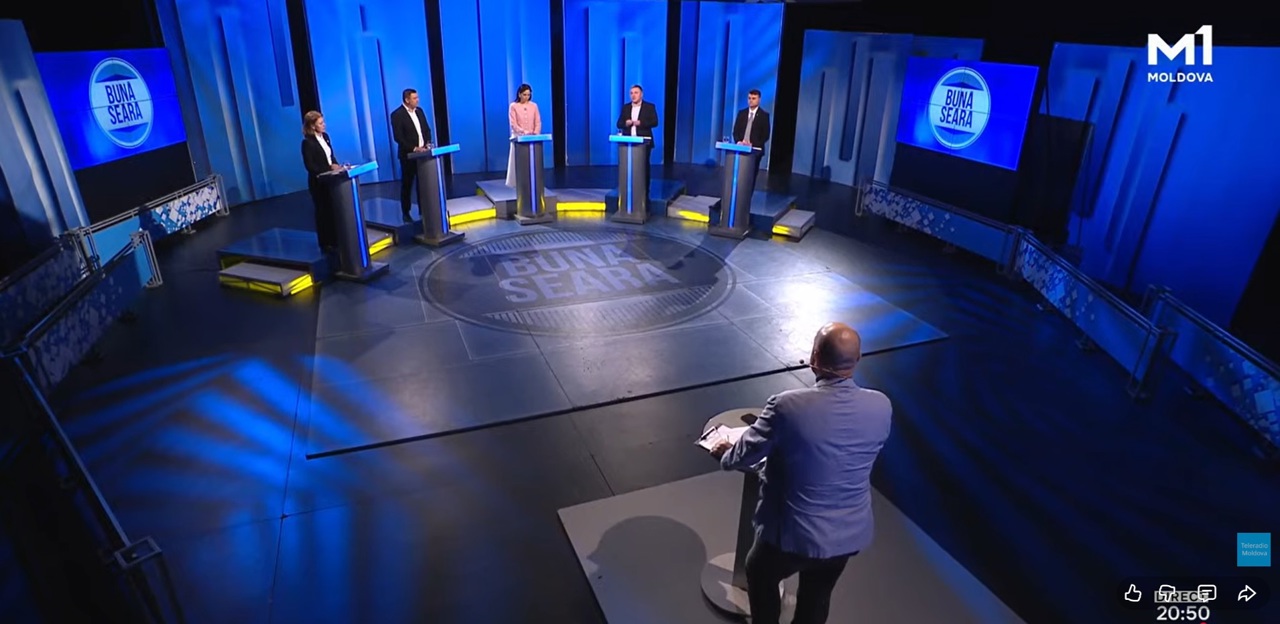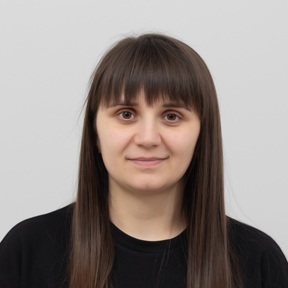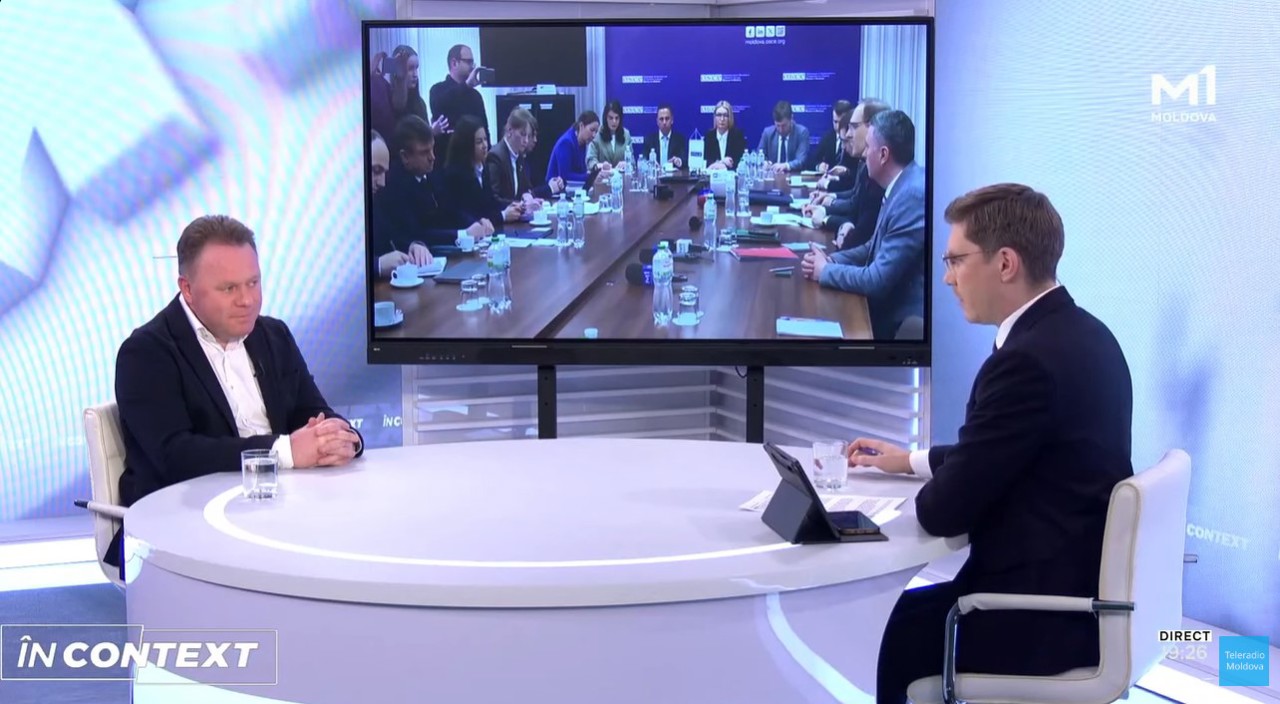How Moldova's education reforms aim to improve PISA results

Over 7,000 students from nearly 280 educational institutions are participating in the PISA 2025 baseline testing, which began on Monday and will continue until May 16.
The PISA assessment, organized by the Ministry of Education and the National Agency for Curriculum and Evaluation, will be conducted on computers, and the data will be stored on a specialized platform.
Minister of Education Dan Perciun hopes for better results in future assessments, when ongoing education reforms aimed at improving quality will bear fruit. He made this statement during an appearance on "At 360 Degrees" on Radio Moldova. During the discussions, other public interest topics were also addressed, including the expansion of the daycare network and the use of artificial intelligence in schools.
The PISA test is organized every three years under the leadership of the Organization for Economic Cooperation and Development (OECD).
“My expectations are for the next PISA test, not this one, as the reforms currently underway will yield results for the students taking the next exam,” said the Minister of Education.
Perciun emphasized his focus on revising the curriculum, editing new textbooks, and investing in teacher training through the model schools program. “All of these major initiatives will produce results over time,” the official stressed.
According to the results of the 2022 international PISA assessment, which were influenced by the COVID-19 pandemic, one in two adolescents in Moldova is functionally illiterate—meaning they do not comprehend what they read and struggle with solving complex math problems. These results placed the country below the average of developed nations. At the same time, the Ministry of Education reports a significant gap in the quality of education between large schools and those with fewer resources.
In 2009, during the PISA testing, Moldovan students were about two and a half years behind their counterparts in developed countries in mathematics. By the 2022 assessment, this gap had reduced to just over one year.
The Minister of Education also stated that over 40 million lei will be invested in 15 kindergartens across the country to open groups for children under the age of two. These groups will help mothers return to work before the end of their maternity leave, Perciun noted.
According to the official, the initiative will create at least 166 new spots in public daycare centers. Additionally, the government intends to accelerate the integration of daycare centers into kindergartens, utilizing resources from the European Commission’s Moldova Growth Plan, given that most daycare centers are currently private.
“From the next tranche of European funds, once we start accessing the 1.9 billion euros allocated, we will accelerate this process. Significant funds—over 30-40 million euros—will be allocated for the expansion of the daycare network,” said the Minister of Education.
Among the main objectives of this project, Perciun explained, is increasing women's participation in the labor market.
“At present, there is a gap of about 10 percentage points between the employment rate of men aged 20-35 and that of women in the same age category, and the lack of daycare spots contributes to this disparity,” the Minister specified.
In addition to infrastructure investments, legislative changes are also being prepared to simplify the operating rules for daycare centers, so that the expansion process will be faster and more efficient, Perciun added.
During the broadcast, the Minister of Education also brought up the issue of students using artificial intelligence in Computer Science lessons, in order to keep up with new technologies and opportunities. According to the official, clear rules for the use of artificial intelligence in schools will also be introduced in parallel.
“It is very important for students to understand that not everything generated by artificial intelligence is accurate, and they must develop the ability to filter information,” Perciun emphasized.
It should be noted that the PISA test is organized every three years under the auspices of the Organization for Economic Cooperation and Development and assesses the competencies of students aged 15-16 in Reading/Literacy, Mathematics, Science, and the innovative field of Learning in a Digital World.
Translation by Iurie Tataru





